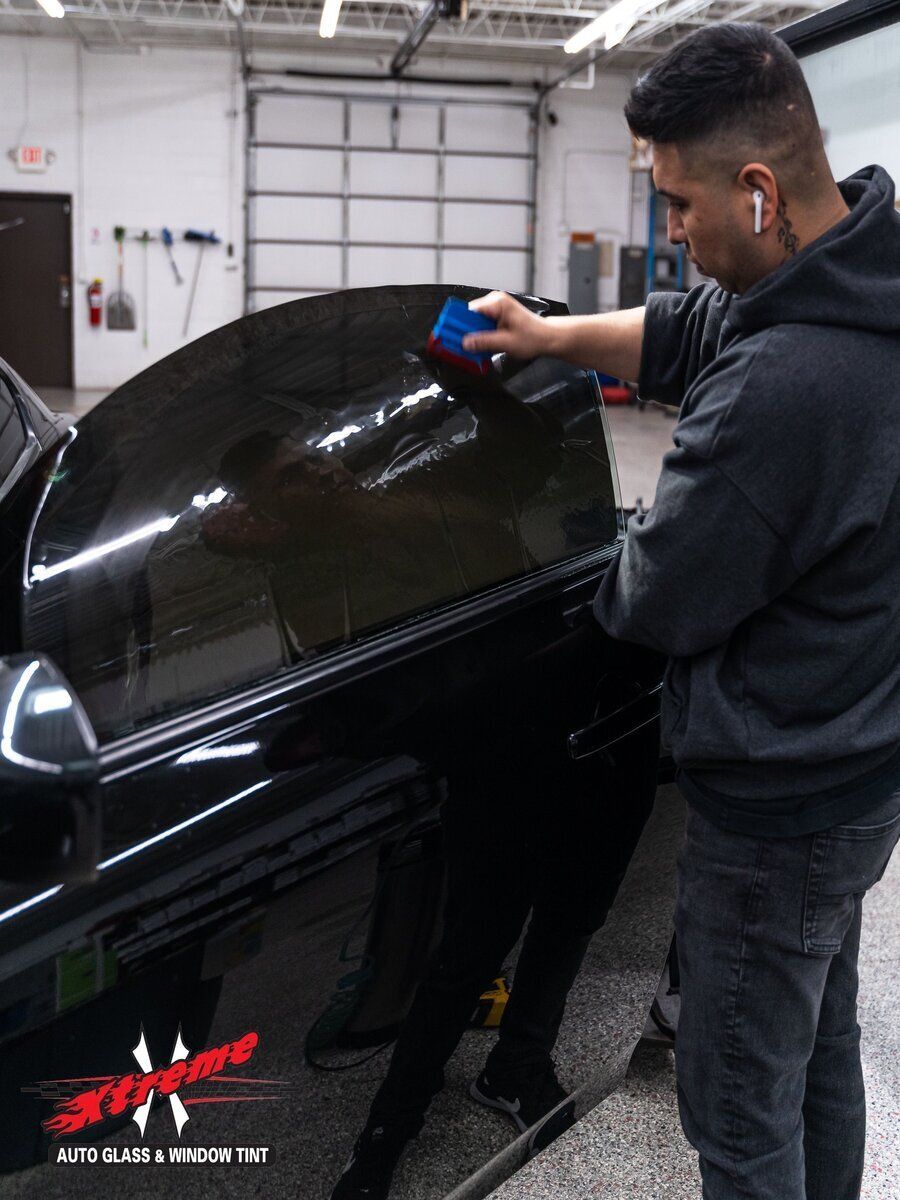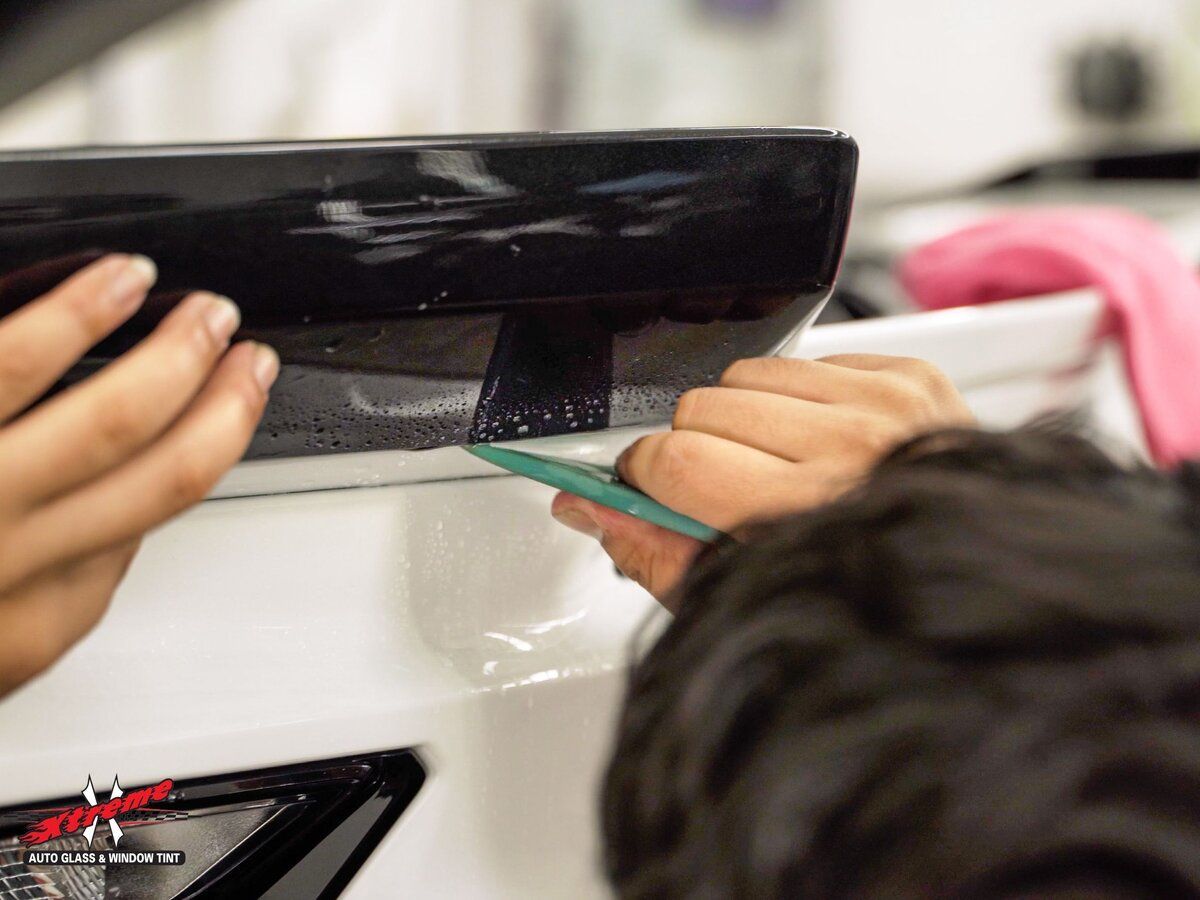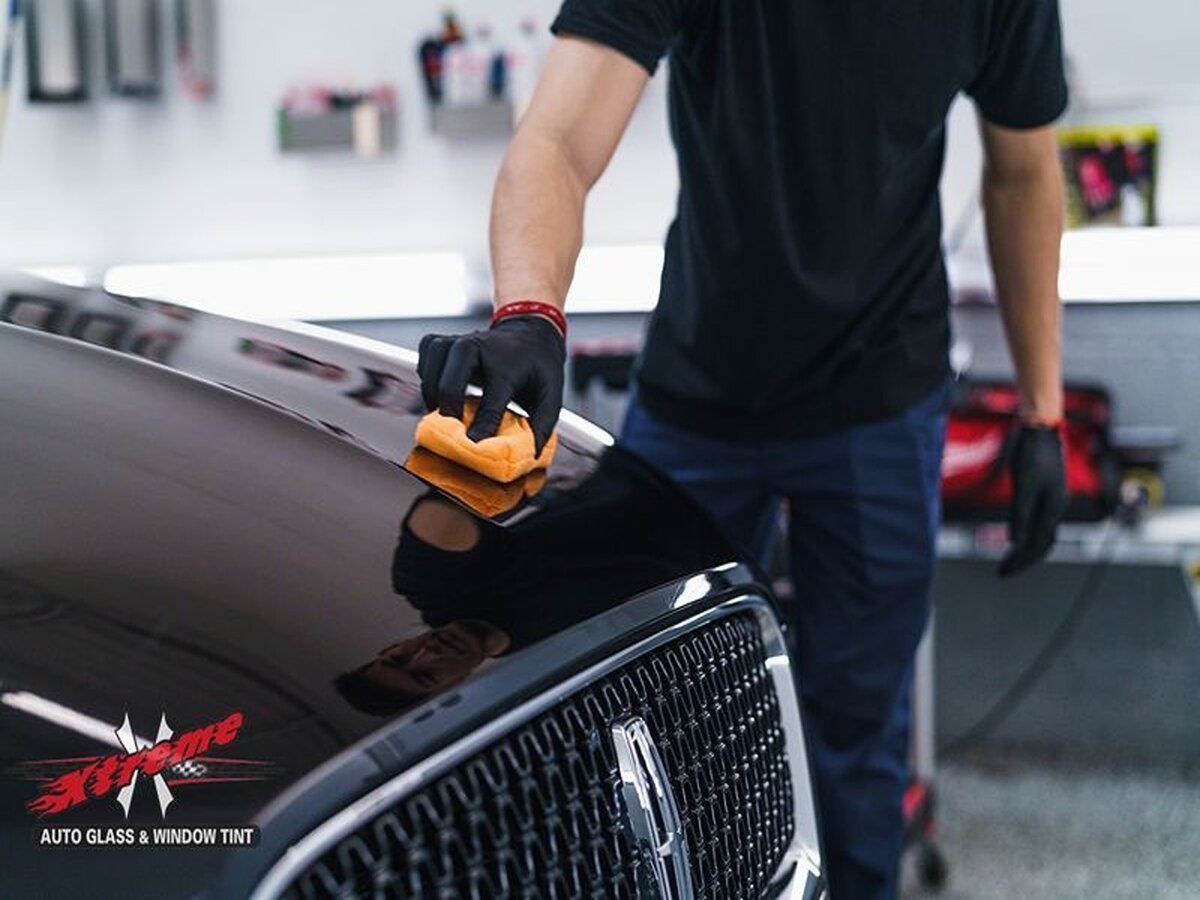Car window tinting is something some states in the US can take very seriously. Learn all about window tinting laws in this article!

From improving visibility to enhancing the aesthetic of your vehicle, there are many reasons why people opt to tint their car windows.
Before you tint even one car window, though, you must know the laws of your state when it comes to tinting. People who opt to break the law and tint their windows darker than the rules dictate often end up paying hundreds of dollars in tickets and fines when they continue to get pulled over by officers of the law.
In this article, we'll talk more about window tinting and how laws differ from state to state!
Window Tint Laws by State
Window tint laws are very specific, so it's important to know what yours are before you tint. Any professional should be able to tint your car according to state laws, but we still recommend becoming familiar with them yourself, too.
Let's take a look at some of the states and what their tinting laws are!
Alabama
In Alabama, you cannot tint the front of your windshield's glass to reduce the light coming in, except for the top 6 inches of the windshield.
When it comes to the rear windshield or the side windows, you cannot use glass tint that reduces light transmission to under 32%. Likewise, the tint cannot increase reflectance to above 20%.
For vans, trucks, and SUVs, these limits only apply to the front windows.
Alaska
Just like Alabama, Alaska only allows tint on the top portion of a front windshield. However, they draw the line at 5 inches.
Mirrored tints aren't permitted in Alaska, either. When it comes to transparency, side windows are required to have 70% light transmittance, and rear windows are required to have 40%.
Colorado
In Colorado, you can tint your entire windshield, but it must allow 70% or more light transmittance. The side windows (on either side of the driver) must allow at least 27% light transmission.
The back side windows must allow 27% as well, and the rear windshield must allow 70%, just like the front windshield.
District of Columbia
In the District of Columbia, minivans have their own set of rules. Any vehicles that aren't minivans must allow 70% light transmittance for both the front windshield and the front side windows.
Minivans must allow 50% light transmittance on the rear windshield and back side windows. For the front side windows and front windshield, there must be at least 55% light transmittance.
Any windshield tint can't come down more than 5 inches from the top.
Florida
Did you know that window tint can help block out UV rays?
In Florida, people afflicted with Lupus and certain other medical conditions that require limited light exposure qualify for medical exemption certificates.
For everyone else living in Florida, side windows must have a light transmittance of at least 28%.
Back side windows must have at least 15% light transmittance.
Idaho
In Idaho, just like many other states, you can tint your front windshield but only the top 6 inches of the window. The back windshield and the front side windows must have a light transmission of at least 35%.
The back side windows must have a light transmission of at least 20%.
Illinois
Illinois has some strict rules for window tinting. Like many other states, they do allow tinting on the front windshield but only on the top 6 inches. Plus, the film must be non-reflective.
Tinting is not permitted on the front side windows unless the driver possesses a certification by a licensed medical professional that states the driver's medical condition requires tinted windows.
Tinting is permitted on the back side windows as long as the vehicle is also equipped with side mirrors on both sides of the vehicle.
Maryland
In the state of Maryland, any tinted windows must allow for at least 35% light transmission.
Tint cannot be applied to the windshield below the AS-1 line or 5 inches from the windshield's top. Whichever one is less is where the tint must stop.
Certain after-market tints aren't allowed in Maryland, such as:
- Yellow, red, or amber color tint
- A mirrored or sparkling tint effect
New Hampshire
In New Hampshire, no driver is allowed to drive a New Hampshire-registered vehicle with after-market tinting installed on the front side windows or the front windshield.
After-market tinting is permitted on the rear windows, but only if the car has rearview mirrors on both sides of the car. Then, the tint must have a light transmittance of at least 35%.
Those who have medical reasons for front tint may apply for a special permit through the DMV.
Benefits of Window Tinting
Did you know that tinting your car windows can stop your upholstery from fading? Window tint blocks those harmful sun rays that fade fabrics and leather, so by tinting, you'll keep your car looking newer for longer.
Plus, when you tint your vehicle's windows, you block harmful UV rays. Those rays can cause cancer, skin aging, and migraines! If your state allows for it, we recommend tinting all your car's windows!
Window tinting offers shattered glass protection, too. This means that you and your car are better protected in the event of an accident.
When you're driving, do you ever feel like you have no privacy? Do you feel uncomfortable leaving certain items in your car for the public to see? Tinting your car provides you with extra security and privacy, both while you're driving and while your car is parked.
Tint Every Car Window Today!
Do you want to protect yourself from people peering into your car window? Do you want to block UV rays and keep your seats looking lush for longer?
There are many benefits of tinting the windows of your car. Just make sure you check with your professional auto body shop to ensure you're following your state's specific tinting laws!
Are you ready to get a free estimate and be on your way to driving in comfort and style? Contact us today at Xtreme Auto Glass & Window Tint to get started or with any questions you have!







